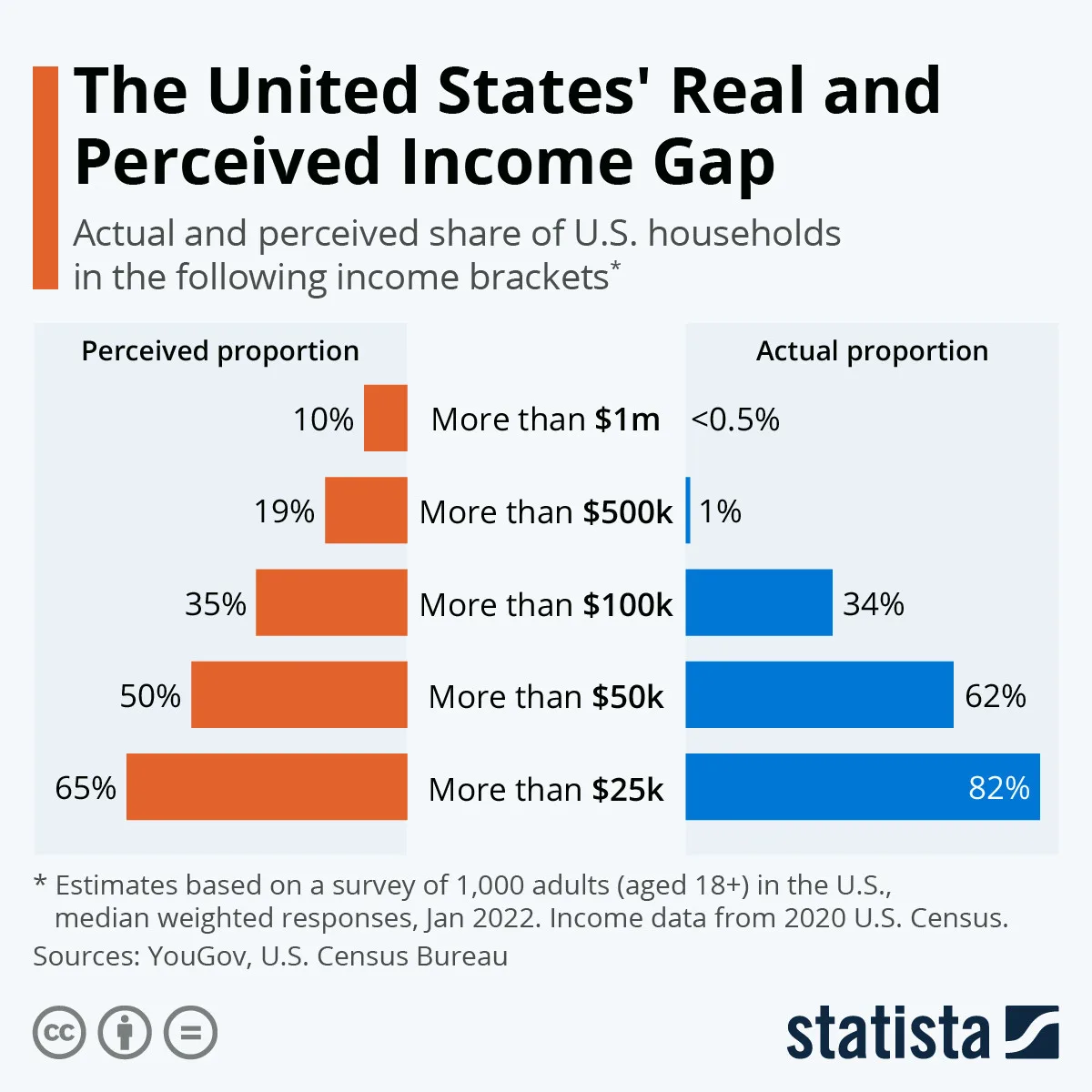The IRS is facing significant employee turnover as some of its workers are opting for a deferred resignation option established by the Office of Personnel Management (OPM). However, many employees have expressed concern and confusion regarding the timing of their resignations, particularly those who were informed they must continue working until May 15, 2025, despite opting for the deferred resignation. According to the IRS, the delay in their actual resignation date allows for a smoother transition and management of workloads. “We are committed to ensuring that our employees can make informed decisions about their career paths and understand the implications of their choices,” said an IRS spokesperson. Additionally, for employees involved in the tax refund process for 2025, this wrinkle adds to the uncertainty as they manage taxpayer services during a busy season. One employee noted, “It’s frustrating because we want to make sure everything is in order for taxpayers, but the added pressure of changing deadlines complicates our work.” The IRS has stressed that the deferred resignation program is designed to provide flexibility for employees while also ensuring that essential services continue without interruption during the tax season. The impact of these changes within the IRS could have broader implications for taxpayer services and the agency’s ongoing efforts to improve its efficiency as it handles numerous responsibilities simultaneously.










